‘The pen is mightier than the sword’, so the expression goes. But world-renowned author Margaret Atwood doesn’t believe it. In this interview with The Handmaid’s Tale author, conducted by Aaron James Wendland, Atwood argues that authors have influence – not power. Real power takes an army; swords, not pens. We must be realistic about this, as well as realistic about the prospects of fictional utopias, if we are to fulfill the promise of our more hopeful visions of the future.
Aaron James Wendland: It is a great honor to introduce Margaret Atwood. Margaret is the author of eighteen novels, including Life Before Man, The Handmaid’s Tale, and The Heart Goes Last. She has also written eighteen books of poetry, eleven works of non-fiction, nine collections of short stories, eight children’s books, and two graphic novels. She has won numerous literary awards, including the Booker Prize, the Franz Kafka Prize, and the Governor General’s Award, and she is a founder of the Griffin Poetry Prize as well as the Writer’s Trust of Canada. Margaret, thank you very much for participating in this benefit conference for the Ukrainian academy. If you don’t mind me asking, I have a few questions for you.
Margaret Atwood: It’s a pleasure to be here, Aaron, and I look forward to your questions.
AJW: Unlike journalists, novelists are neither bound by the truth nor obliged to cover current affairs. However, some of your novels do grapple with contemporary social, political, and ethical themes. The Handmaid’s Tale, for example, is set against the background of a climate crisis and it clearly deals with issues of power and oppression. With that said, to what end do you engage in social and political commentary? And in keeping with the theme of this benefit conference for the Ukrainian academy, what good do you think your writing has done and what good can it still do?
MA: Well, what a question. So, novels are about people. Even if they say they’re about rabbits, they’re always about people. And novels always involve time: something happens, something else happens, and then something else happens. And if nothing happens, we stop reading. So, what can those things that happen be?
___
Yes, I was a philosophy student. Yes, I’ve read my Plato. Yes, it’s problematic, because who says what’s good?
___
They can be events that take place within families, but families live somewhere. They have a place and the place that they have has certain conditions. So, when you’re writing a novel, you’re always describing people in time and place. And when that happens to be a place in a crisis of one kind or another, the individual characters cannot isolate themselves from the crisis that is going on all around them. If it’s a flood, they’re going to have to do something about the flood. They will react to it in some way. Either they will sit in their attic and say, ‘I hope somebody rescues me’, or they’ll build a raft or send up an SOS. They’ll do something.
If that crisis is an invasion, a war, everybody in that place is going to be caught up in it, some way or another. And then events happen. Stuff unfolds. Conditions change because time is involved. It’s always involved in a novel. Time may not be involved in a lyric poem or a prayer, but it’s always involved in a novel. Henry James’ biographer, Leon Edel, said, ‘If it’s a novel, there’s a clock in it’. So, it is time, people, events, place, all interacting.







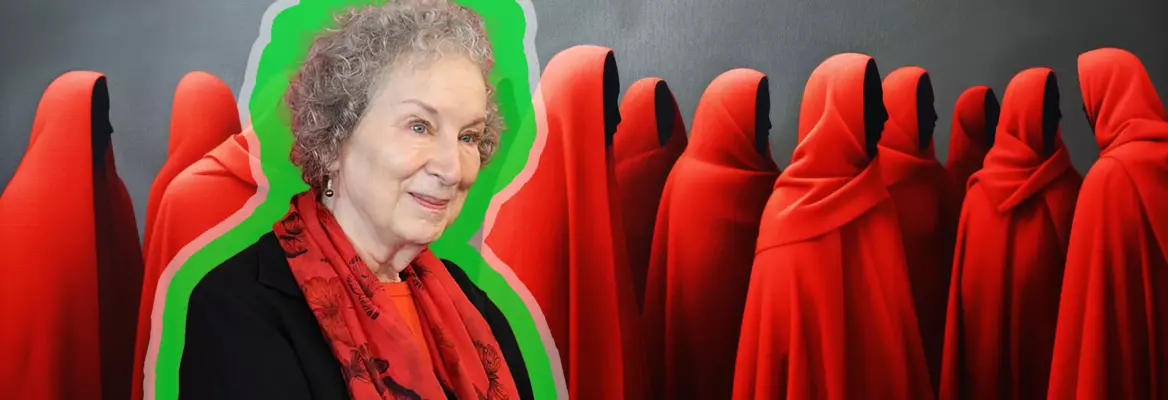


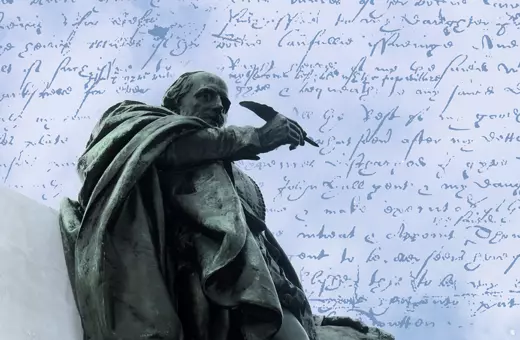
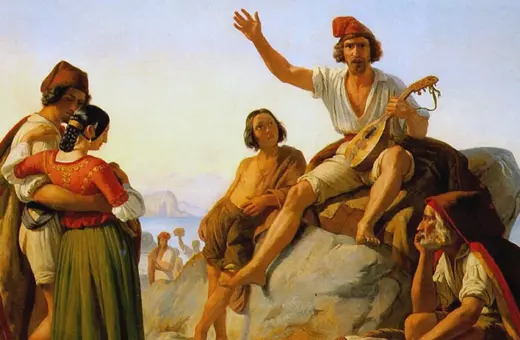



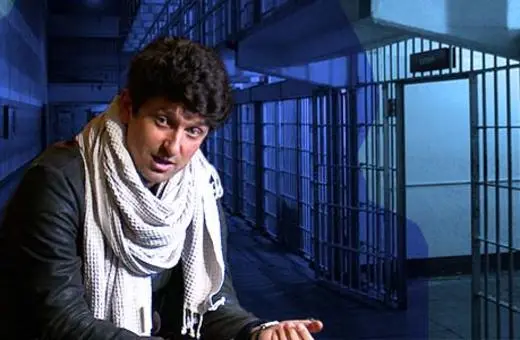
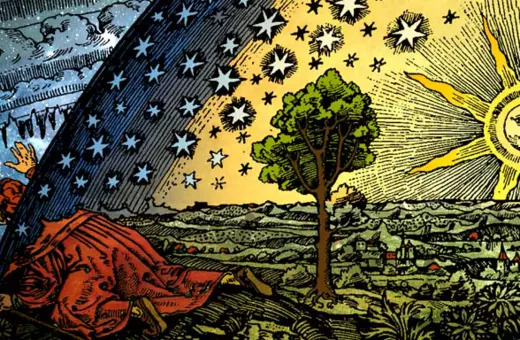




Join the conversation